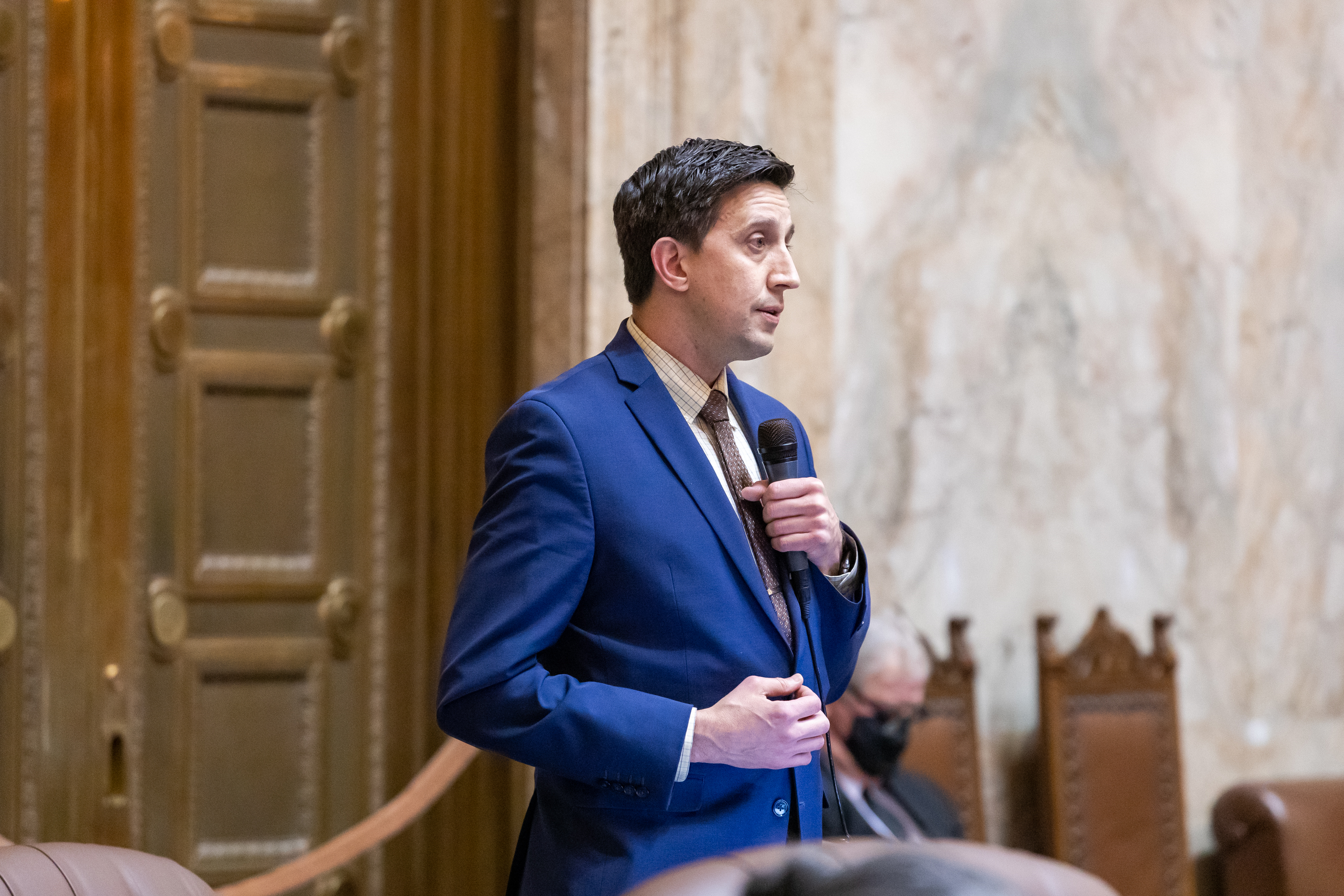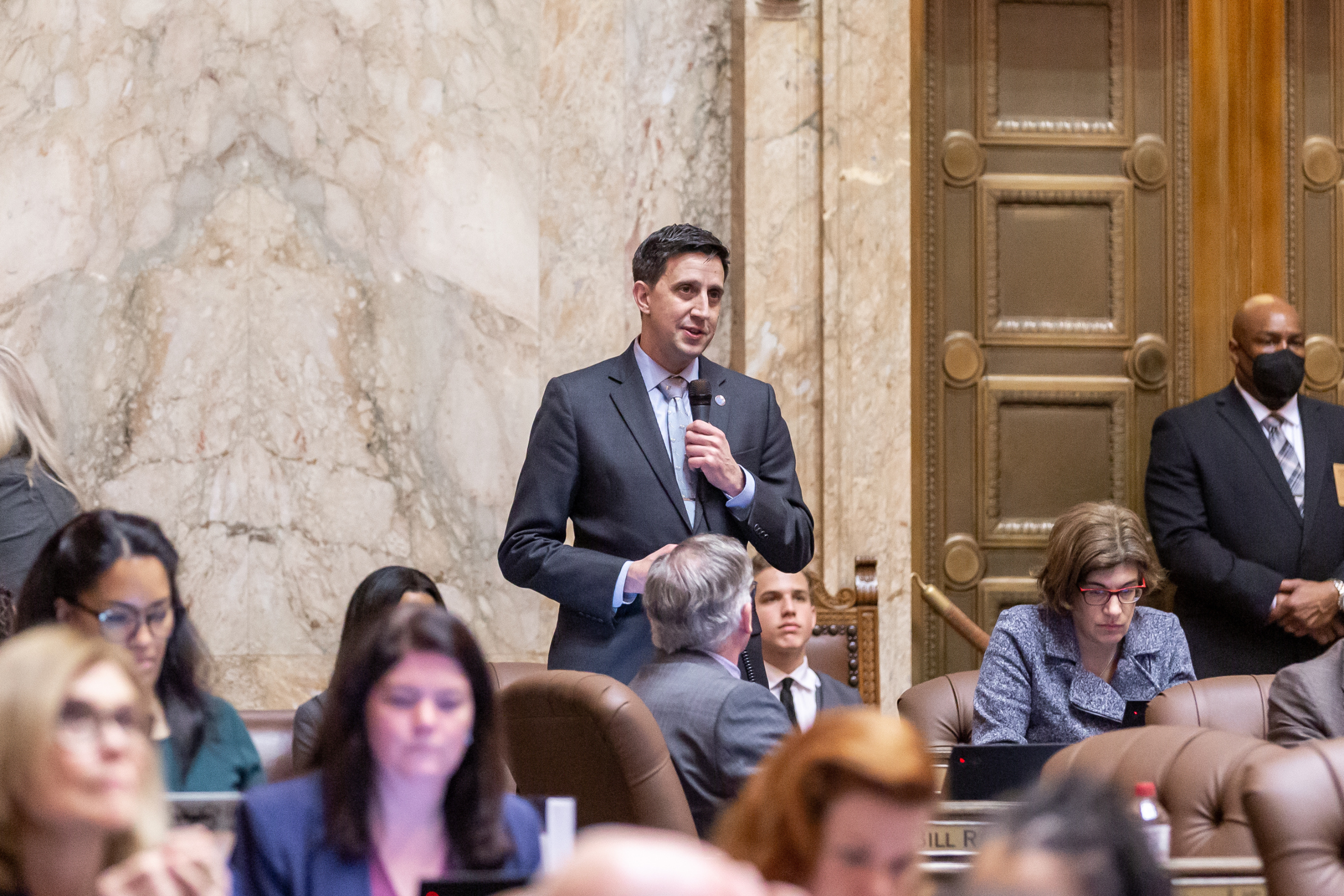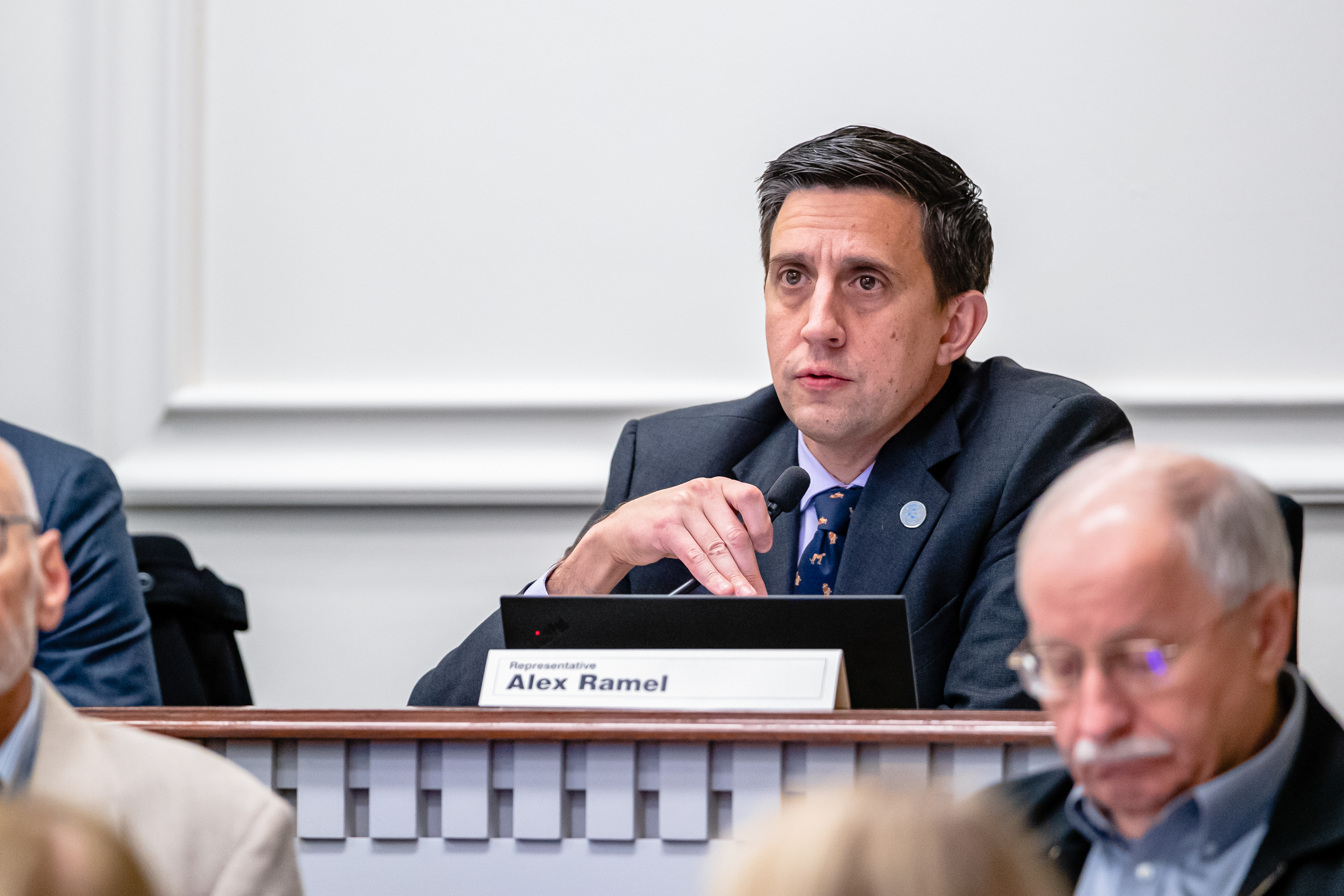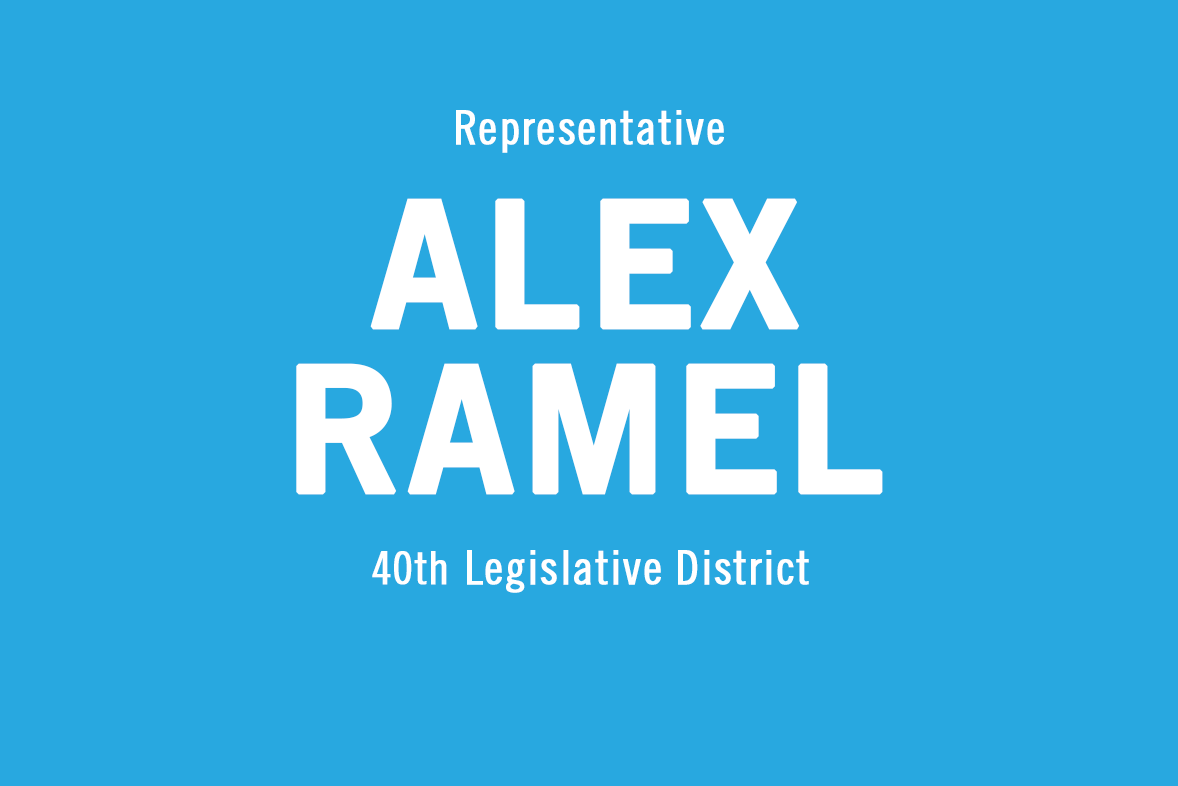Dear neighbors,
As summer comes to an end, I have been out in our community listening to you on issues such as ferry reliability, rent stabilization, and addressing the climate crisis.
Ferry Service
A few weeks ago, I had the privilege of meeting with ferry crews of two Washington State Ferry (WSF) vessels and ferry advisory commission members from Lopez, Orcas, and Shaw Island to discuss ferry reliability.
Ironically, the first sailing I was scheduled to be on was delayed because of a staffing challenge, so I was able to watch the terminal team reconfigure schedules to make the best of it for the many people waiting in line. While I waited for the next sailing, I reminded myself of the important work done to reduce the occurrence of these instances. Last year, our delegation urged WSF to remove sailings from the schedule that we knew they would not be able to make – most routes lost a vessel from the schedule. Service has been restored first to the San Juan routes, and then to others. Overall, the disruptions because of short staffing are improving. We’re hiring, training, and retaining more people. The most recent Service Restoration Plan Progress Report shows how WSF is making progress toward their staffing goals. Unfortunately, service disruptions due to vessel maintenance will take longer to address, but these too are underway.
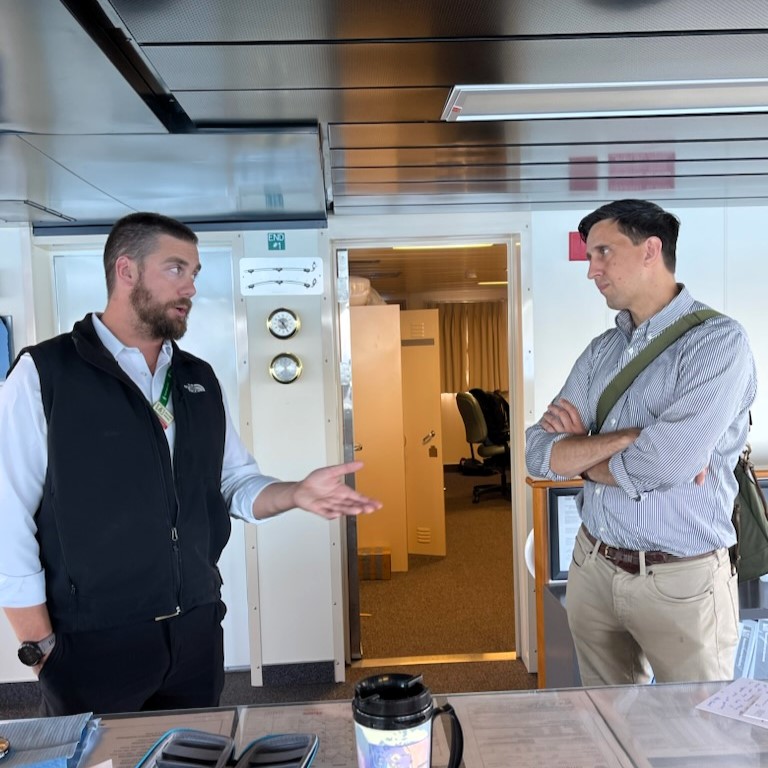
I hope you agree with my deep appreciation for the dedication of these folks who are working within a system that was underfunded and neglected for a decade and a half. Between chronic staff and vessel shortages and the occasionally damaged ferry, it has become more important than ever to erase the lasting impacts of chronic underfunding.
The good news is that we are already beginning to see critical steps in this reversal. WSF has awarded contracts to electrify large vessels as part of a $3.7 billion allocation over the next 17 years. They have also received over $280 million for terminals updates and $92 million in Climate Commitment Act funding for terminal electrification and vessel refits. But all these investments rest on the shoulders of a well-recruited and trained workforce.
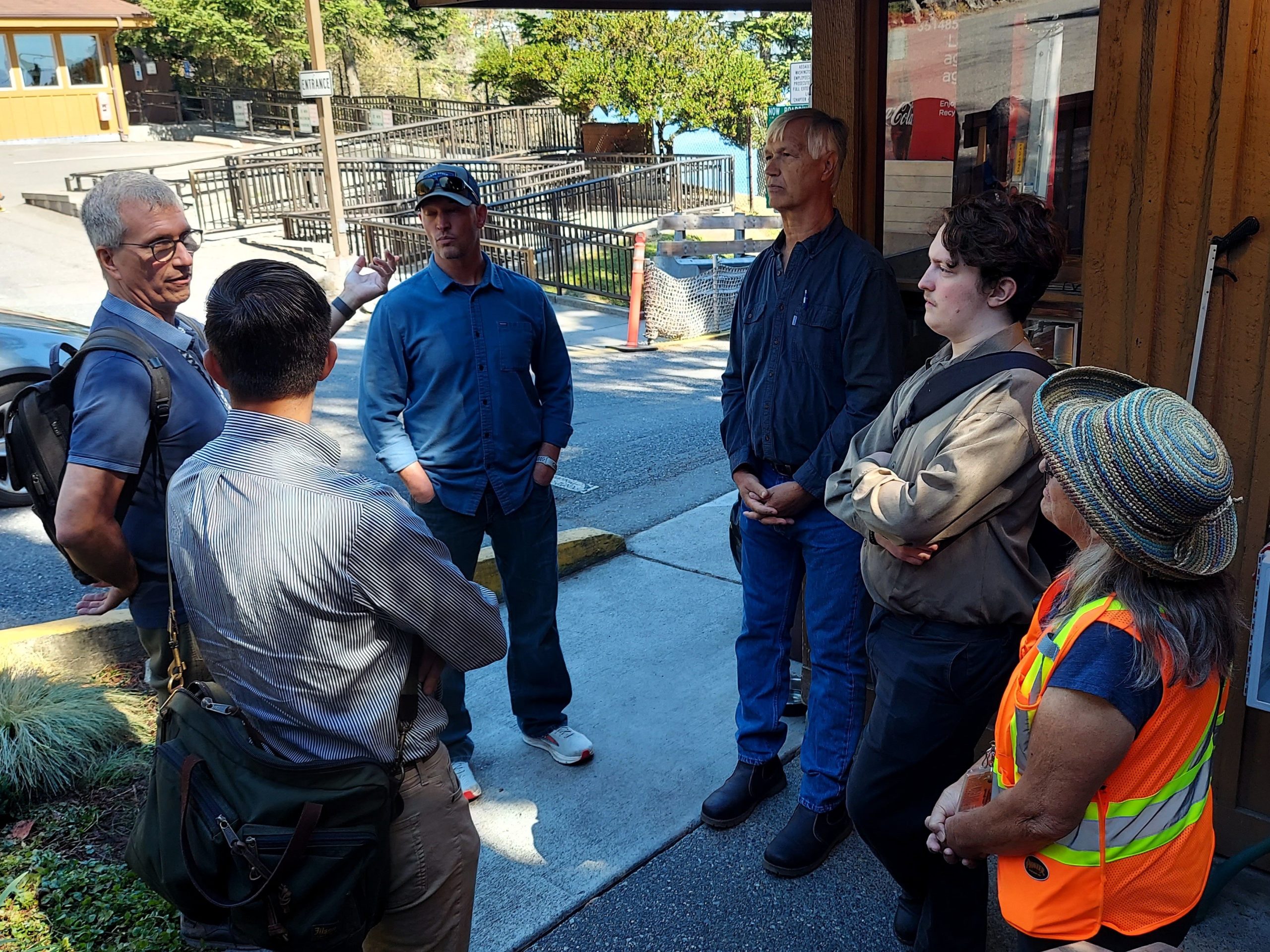
That’s why it is so important that the legislature passed legislation such as Senate Bill 5550 to boost recruiting for the state ferry system. In addition, House Bill 1846 will help local shipbuilders remain competitive in bid proposals for vessels; therefore, boosting good paying jobs in the local maritime workforce. Finally, I am proud of the legislature’s efforts to support ferry workforce development with an additional $22 million investment to provide community college and high school students with maritime skills, replace the aging dispatch system, and provide extensive programs to help existing crew gain new skills and advance their careers with WSF. I am hopeful that in combination, these efforts will help eliminate delayed and cancelled sailing, and improve ferry service in the future. I’m always open to hearing more ideas for how to improve or do more.
Staying In Touch

When I am out visiting businesses and neighbors, I am always pleasantly surprised to see the high level of civic engagement and dedication to improving our community. As you may know, your thoughts and concerns help inform how I approach each legislative session. Please consider filling out this 1-minute survey sharing your priorities with me.
I also highly encourage you to review the work of the 2023 legislative session in the recent mailer that Senator Lovelett, Rep. Lekanoff, and I sent to a doorstep near you. Thank you for all you do!
In service,

Rep. Alex Ramel
WA State Representative | 40th Legislative District
House Majority Whip
Pronouns: he/him/his
